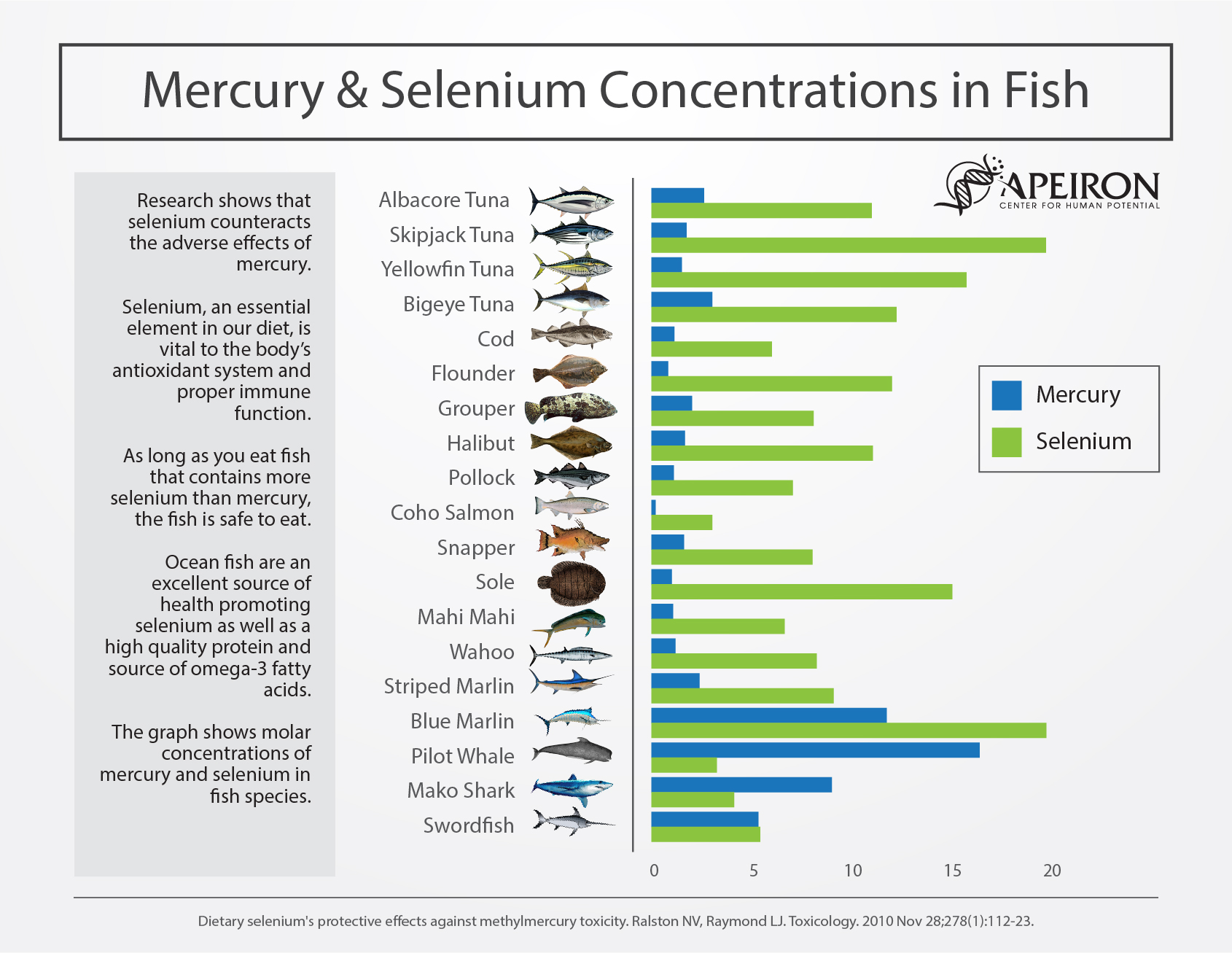Docosahexaenoic Acid (DHA) is commonly accepted as crucial for early brain development. During pregnancy, women are encouraged to take supplements containing DHA to ensure healthy development of the fetal nervous system. After birth, infants must create their own DHA to continue reaping the cognitive development benefits of this fatty acid. DHA is a potent epigenetic modifier – creating positive changes in the expressions of our genes.
But how do expecting mothers provide the necessary support? Are supplements of DHA enough and are they even effective?
Role of DHA on Fetal Brain Development
For DHA to impact brain development, it must be able to pass through the blood-brain barrier. A naturally produced form of DHA produced in the liver, Lyso-Phosphatidyl-Choline (LPC-DHA), is the primary form of DHA that can cross the blood-brain barrier (BBB). There is a great deal of debate on whether supplemental DHA crosses the BBB and which form is best. Many studies demonstrate that supplementing DHA is correlated with improved cognitive function. A recent Cochrane Collaboration review of studies did conclude that there was no brain derived benefit from supplemental DHA but they indicated that there were significant limitations to the studies analyzed due to lack of consistent baseline levels and due to the fact that the majority of individuals are fairly deficient in DHA levels.
Supplemental DHA has been shown to increase tissue DHA levels in the body but not the brain and while most research seems to support this in animal studies, we have many studies that support the benefits of DHA supplementation on memory, learning and other cognitive functions. These studies support the benefits of supplemental DHA in pregnancy, early childhood, adulthood, and the elderly.
Science geek section: Many assume that the brains response to DHA is through direct action but the human system is complex and systems-based so it may not be that simple. The positive effects may be secondary to changes in gene expressions throughout the system. Specifically, there is evidence that increased serum levels of DHA will create increased expression of micro RNA’s(miRNA). There is also the possibility of increased expression of exosomes. Both miRNA and exosomes can cross the blood brain barrier and impact neuronal tissue.
DHA assists in the development of neurons and brain cells from the third trimester through two years of age. During these crucial brain development periods, adequate supply of LPC-DHA is required for optimal brain development.
Additional benefits: Some studies have shown that supplementing DHA to pregnant mothers can increase a child’s height and head circumference.
Brain Power and Protection
After birth, DHA levels continue to build in the brain. The primary functions of DHA are to increase memory, learning ability, and reduce levels of anxiety. After development ceases, the levels of DHA need to be maintained in the brain to promote future growth potential.
Children with higher levels of DHA in their system perform better on tests related to memory and critical thinking skills. This could be from the ability of DHA to help improve memory by increasing the speed and signal strength between synapses through neuronal growth.
DHA also serves to protect and repair brain tissue. DHA promotes anti-inflammatory cytokines and reduces pro-inflammatory cytokines in the brain. This helps reduce the impact of oxidative stress. Additionally, DHA can convert into protectins which helps repair damaged brain tissue immediately after it occurs.
Fetal and Infant Sources of DHA
Fetal and infant DHA come from the maternal transfer, dietary supply, and ability to create LPC-DHA. During the fetal period, the sole source of DHA is from a maternal transfer. This makes it essential for mothers to maintain adequate dietary or supplemental DHA.
After birth, the sources of DHA for the developing infant include dietary supply and their ability to produce LPC-DHA. The sources of diet during this period include breast milk and formula fortified with DHA. Studies have shown that infants fed breast milk have 25% higher levels of DHA available in their brains. Most women are deficient on their intake of DHA especially with the somewhat unfounded fear of eating fish and mercury levels. This has resulted in lower than optimal levels of DHA in breast milk. A breast-feeding woman should be getting a minimum of 200mg per day of DHA. If formula feeding is the primary source of nutrition, the addition of LC-DHA could potentially offset the lower DHA levels typically found in formula-fed infants.
Dietary Sources of DHA
During pregnancy and breastfeeding, mothers can increase their dietary intake of DHA in the form of healthy omega-3 fatty acids. Pregnant and lactating women are encouraged to consume 200mg/ day of DHA to provide enough for their health and that of their baby. Algae, fish, and eggs naturally contain DHA, but there are also DHA fortified foods for individuals on a vegan diet.
Flaxseed has been thought of as a source of DHA; however, flaxseed oil contains ALA which is a precursor to DHA and only viable as DHA if the body can adequately convert it, unfortunately the conversion is generally low, less than 18%.
Mercury Concerns
Many people express concerns regarding the mercury content of seafood and fish oil supplements. Much of this concern is unfounded. The most commonly referenced study of the mercury risk during pregnancy was a 1996 study of people living on Faroe Island that consumed pilot whale. Pilot whale happens to have some of the highest mercury concentrations along with some of the lowest selenium concentrations – this means NO ONE should ever eat pilot whale. For some reason this became the study to spark the siren song of the “No fish for pregnant women movement.” It is not the concentration of mercury alone that counts, it is the molar ratios of mercury to selenium in fish. If the molar ratio of selenium is higher than the molar ratio of selenium then the fish is generally safe to eat. There was a recent study that even showed that pregnant women consuming 4-7 servings of fish per week, did not have statistically significant greater levels of serum mercury than those that consumed no servings (they did not include pilot whale). In addition, the consumption of fish has great benefits to a developing fetus including Vitamin D, selenium, choline, and iodine.
fish oil supplements. Much of this concern is unfounded. The most commonly referenced study of the mercury risk during pregnancy was a 1996 study of people living on Faroe Island that consumed pilot whale. Pilot whale happens to have some of the highest mercury concentrations along with some of the lowest selenium concentrations – this means NO ONE should ever eat pilot whale. For some reason this became the study to spark the siren song of the “No fish for pregnant women movement.” It is not the concentration of mercury alone that counts, it is the molar ratios of mercury to selenium in fish. If the molar ratio of selenium is higher than the molar ratio of selenium then the fish is generally safe to eat. There was a recent study that even showed that pregnant women consuming 4-7 servings of fish per week, did not have statistically significant greater levels of serum mercury than those that consumed no servings (they did not include pilot whale). In addition, the consumption of fish has great benefits to a developing fetus including Vitamin D, selenium, choline, and iodine.
Fish oil supplementation mercury concern is also unfounded. Consumer Labs tested 49 common brands and found no mercury, arsenic, cadmium, and even very little PCB’s. The triglyceride form seems to have the best absorption second only to eating high omega-3 fish.
There are genetic variants that are important to the way the body processes mercury and specifically methylmercury (the type found in seafood). Knowing your genetic variant status can help guide supplementation to support the processing.

Conclusion
The role of DHA in brain development, memory, and cognitive function should not be underestimated. The connection between DHA levels and cognitive performance in school and protection from mental decline later in life show the short and long-term impact of DHA levels stemming from fetal development.
_____________________________________________________
Kuratko CN, Barrett EC, Nelson EB, Salem N. The relationship of docosahexaenoic acid (DHA) with learning and behavior in healthy children: a review. Nutrients. 2013;5(7):2777-810.
Sam MR, Tavakoli-mehr M, Safaralizadeh R. Omega-3 fatty acid DHA modulates p53, survivin, and microRNA-16-1 expression in KRAS-mutant colorectal cancer stem-like cells. Genes Nutr. 2018;13:8.
Hussey, B., Lindley, M. R., & Mastana, S. S. (2017). Omega 3 fatty acids, inflammation and DNA methylation: an overview. Clinical Lipidology, 12(1), 24-32.
Roessler C, Kuhlmann K, Hellwing C, Leimert A, Schumann J. Impact of Polyunsaturated Fatty Acids on miRNA Profiles of Monocytes/Macrophages and Endothelial Cells-A Pilot Study. Int J Mol Sci. 2017;18(2)
Braarud HC, Markhus MW, Skotheim S, et al. Maternal DHA Status during Pregnancy Has a Positive Impact on Infant Problem Solving: A Norwegian Prospective Observation Study. Nutrients. 2018;10(5)
Li P, Shang Y, Liu YJ, et al. [Effect of docosahexenoic acid supplementation on infant’s growth and body mass index during maternal pregnancy]. Zhonghua Liu Xing Bing Xue Za Zhi. 2018;39(4):449-454.
Taylor CM, Golding J, Emond AM. Blood mercury levels and fish consumption in pregnancy: Risks and benefits for birth outcomes in a prospective observational birth cohort. Int J Hyg Environ Health. 2016;219(6):513-20.
Domenichiello AF, Kitson AP, Bazinet RP. Is docosahexaenoic acid synthesis from α-linolenic acid sufficient to supply the adult brain?. Prog Lipid Res. 2015;59:54-66.


